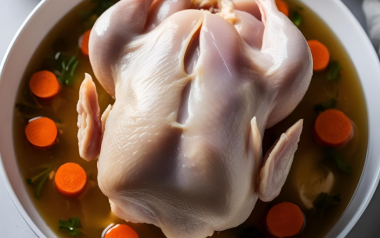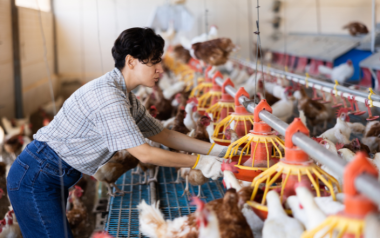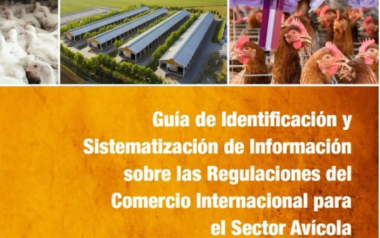Sources: Available upon request.
22 May 2024
Unfair competition in the chicken market
The poultry industry faces a significant challenge: unfair competition resulting from chicken imports. In Mexico, avicultores (poultry farmers) are voicing their concerns about the impact of imported chicken, primarily from Brazil and the United States.
The poultry industry faces a significant challenge: unfair competition resulting from chicken imports. In Mexico, avicultores (poultry farmers) are voicing their concerns about the impact of imported chicken, primarily from Brazil and the United States. These imports create an uneven playing field, as they do not adhere to the same quality standards required of domestic production.
Quality disparities
According to Pedro Pedroza, president of the Asociación de Avicultores de Aguascalientes (Association of Poultry Farmers in Aguascalientes), foreign poultry standards do not compare to those applied locally. The Servicio de Sanidad, Inocuidad, y Calidad Agroalimentaria (Senasica), Mexico’s food safety agency, does not impose the same requirements on imported chicken. While Mexican producers must guarantee fresh animal protein, imported chicken often arrives frozen. These shipments primarily consist of less-demanded cuts like thighs and legs, as opposed to popular cuts like breast meat.
In the egg market, when the confinement was decreed, there was a shortage of eggs, buyers panicked, but when it became clear that there was no supply problem, supply chains normalized and the market remained stable.
Advocacy for equal guidelines
In response to this situation, the poultry industry has raised its voice with the Mexican federal government. The goal is to ensure that imported chicken meets the same guidelines set forth in the Ley Federal de Sanidad Animal (Federal Animal Health Law). By doing so, domestic producers hope to level the playing field and maintain fair competition.
Declining imports
Despite these challenges, there is some positive news. In the current year, Mexico’s reliance on foreign chicken has decreased by 11% compared to the previous year, with total imports amounting to 296,360 metric tons. Brazil remains a significant supplier, but its shipments to Mexico have decreased by over 60% in the first four months of 2024, totaling 24,418 metric tons.
Impact on employment and investment
The Unión Nacional de Avicultores (National Poultry Farmers Union) highlights the consequences of unfair competition. Importing chicken prevents the creation of approximately 100,000 direct jobs, hinders the production of 250 million birds, and curtails investments amounting to 13,362 million pesos.
Conclusion
As the debate continues, the avicultores emphasize the need for a level playing field. Fair competition ensures not only the survival of domestic poultry producers but also the availability of high-quality chicken for consumers. Balancing the scales in the chicken market remains a critical task, and policymakers must consider the long-term impact on both the industry and the nation.







































